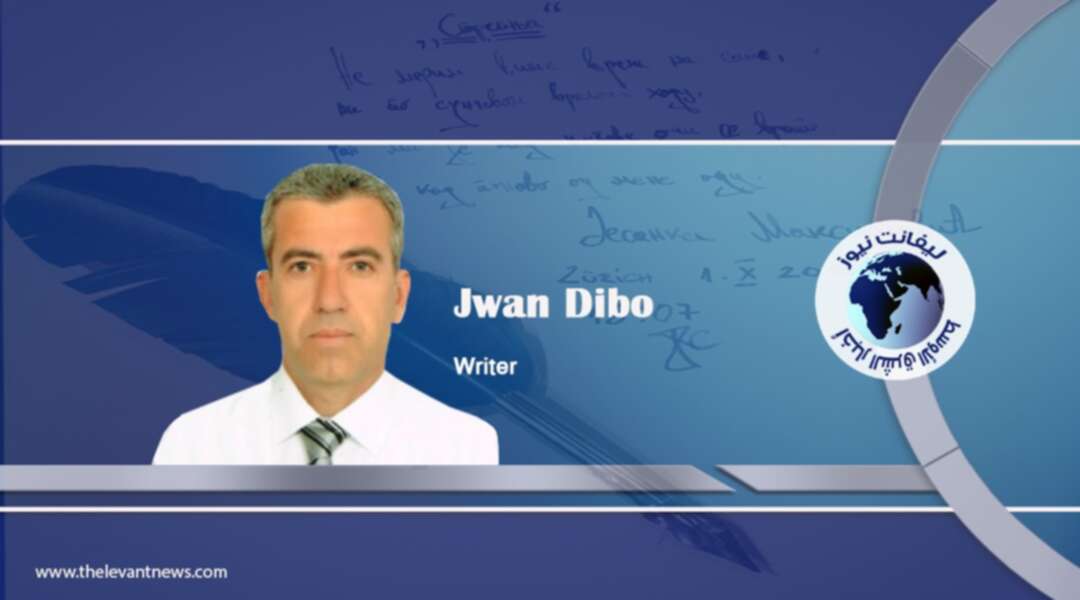-
Why Is NATO Not United on The Ukraine Crisis?

It is clear that there is a huge rift among NATO members over the Ukraine crisis. The US and UK are escalating against Russia. In contrast, France and Germany are de-escalating with Russia to stop the war and reach a settlement. This discrepancy, in turn, indicates another inconsistency between the EU, led by Germany and France, and NATO, led by the US.
Geopolitics plays here a central role in crystallising attitudes towards the Russian war in Ukraine. EU and Russia are neighbours, and this neighbourhood requires living together in peace and cooperation in a way that preserves the interests of both sides.
Furthermore, the economic relations and the volume of trade exchanges between Russia and EU are much more than those between Russia on the one hand and US and UK on the other hand. The EU imports almost 40 percent of its annual gas needs from Russia at competitive prices. According to The Guardian newspaper "Germany imported about 56 billion cubic meters of natural gas from Russia in 2020. Nearly 55% of its gas imports came from Russia".
EU uses 25 percent of Russian oil annually for its domestic needs. While the US was importing only 209 thousand barrels per day from Russia, out of about 20 million barrels of its daily consumption in 2020. As for Britain, it imports only 8 percent of Russian oil and 4 percent of natural gas.
As a result, mutual economic interests between Russia and the EU are much more important than those between Russia and America and Britain. These common interests between EU and Russia, in addition to geopolitical factor, are stronger than the factor of values that links EU to US and UK regarding Ukraine crisis.
The option of direct military confrontation with Russia is absolutely not welcome by the EU. But this option is not completely abolished neither by the US, nor by Russia. The reason is that in the event of a comprehensive war between Russia and the West, Europe alone will be scorched, not the US, as it was during the first and second world wars in the last century.
Therefore, the US and British military support for the Ukrainian army to resist Russia is much greater than the support of the EU, especially Germany and France. The EU, led by Berlin and Paris, is still seeking peace with Russia, while Washington and London are inflaming the situation in Ukraine and escalating with Moscow. One of the repercussions of this war is to increase the European awakening, which may lead to the gradual elimination of American hegemony.
The EU has no choice but to coexist with the Russian bear, despite its cruelty. This is possible by accepting some Russian conditions and discussing others in order to avoid a devastating war in which Europe will be the spearhead and no one will lose but Europe and Russia. At the same time, Europe will not be able to achieve this unless it gets rid of the US hegemony.

BY: Jwan Dibo
You May Also Like
Popular Posts
Caricature
BENEFIT Sponsors BuildHer...
- April 23, 2025
BENEFIT, the Kingdom’s innovator and leading company in Fintech and electronic financial transactions service, has sponsored the BuildHer CityHack 2025 Hackathon, a two-day event spearheaded by the College of Engineering and Technology at the Royal University for Women (RUW).
Aimed at secondary school students, the event brought together a distinguished group of academic professionals and technology experts to mentor and inspire young participants.
More than 100 high school students from across the Kingdom of Bahrain took part in the hackathon, which featured an intensive programme of training workshops and hands-on sessions. These activities were tailored to enhance participants’ critical thinking, collaborative problem-solving, and team-building capabilities, while also encouraging the development of practical and sustainable solutions to contemporary challenges using modern technological tools.
BENEFIT’s Chief Executive Mr. Abdulwahed AlJanahi, commented: “Our support for this educational hackathon reflects our long-term strategic vision to nurture the talents of emerging national youth and empower the next generation of accomplished female leaders in technology. By fostering creativity and innovation, we aim to contribute meaningfully to Bahrain’s comprehensive development goals and align with the aspirations outlined in the Kingdom’s Vision 2030—an ambition in which BENEFIT plays a central role.”
Professor Riyadh Yousif Hamzah, President of the Royal University for Women, commented: “This initiative reflects our commitment to advancing women in STEM fields. We're cultivating a generation of creative, solution-driven female leaders who will drive national development. Our partnership with BENEFIT exemplifies the powerful synergy between academia and private sector in supporting educational innovation.”
Hanan Abdulla Hasan, Senior Manager, PR & Communication at BENEFIT, said: “We are honoured to collaborate with RUW in supporting this remarkable technology-focused event. It highlights our commitment to social responsibility, and our ongoing efforts to enhance the digital and innovation capabilities of young Bahraini women and foster their ability to harness technological tools in the service of a smarter, more sustainable future.”
For his part, Dr. Humam ElAgha, Acting Dean of the College of Engineering and Technology at the University, said: “BuildHer CityHack 2025 embodies our hands-on approach to education. By tackling real-world problems through creative thinking and sustainable solutions, we're preparing women to thrive in the knowledge economy – a cornerstone of the University's vision.”
opinion
Report
ads
Newsletter
Subscribe to our mailing list to get the new updates!




















